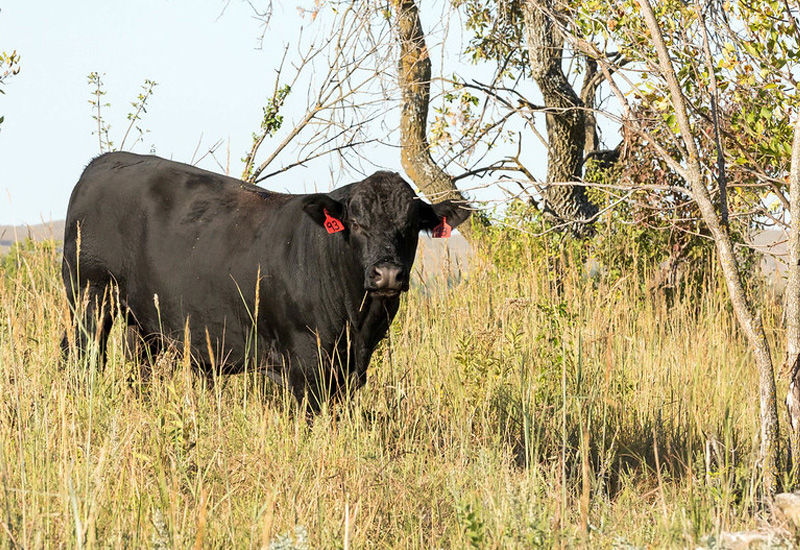K-State beef cattle experts offer strategies for caring for bulls between breeding seasons
No matter the sport or age of an athlete, it is often recommended that at the end of the season, the body should be given time to rest. That body management strategy can apply to bulls after they’ve completed the breeding season, according to the experts at Kansas State University’s Beef Cattle Institute.
Speaking on a recent Cattle Chat podcast, K-State veterinarians Bob Larson and Brian Lubbers talked about bull longevity in the herd. In this case, it was bulls coming off of summer breeding pastures in spring calving herds.
“In single-sire herds in which replacement heifers are retained, the bull will need to be replaced more frequently (than with multiple sire herds) to avoid breeding sires to their daughters,” Larson said. “In a larger herd where the mating can be controlled, bulls may be able to stay in the herd 4-6 years or even longer.”
He said regardless of the bull’s age, breeding soundness exams need to be done annually near the start of the breeding season.
“As bulls get past middle age, their fertility starts to decrease,” Larson said. “They also start to have more musculoskeletal issues because of their size, and that can lead to foot and leg problems.”
Lubbers said fall is a good time to evaluate the hooves of the bulls because hoof growth slows in the winter weather.
“Fall is a good time to do some routine hoof trimming not only from the slowed hoof growth but also if they experience an injury in the process, there is time for them to heal,” Lubbers said. “And while it isn’t common, if there is a severe injury that happens when the bull is put on the trimming table, there is time to replace him ahead of the breeding season.”
Nutrition tips
Regarding nutrition management, K-State beef cattle nutritionist Phillip Lancaster offered some recommendations.
“Yearling and two-year-old bulls are still growing, so they will need a higher quality diet than mature bulls outside of the breeding season,” Lancaster said. “But they probably don’t need supplements unless they lost a lot of weight during the breeding season, and they need to regain body condition.”
He said producers should offer good quality hay to the younger bulls. Once he is mature, his nutritional needs are less so the quality of hay can also be decreased.
“A mature bull has the lowest nutritional requirements of any animal in the herd, so he can be fed the lowest quality hay due to his maintenance needs,” Lancaster said.
Because of the different nutritional needs of cattle in the herds, Lancaster advised that producers separate the bulls from the cows when not in the breeding season.
“By leaving the bulls with the cows outside of the breeding season, nutritionally speaking, there is a risk that the bulls will get over-conditioned from eating the supplements that the cows need,” Lancaster said.
To hear the full discussion, listen to Cattle Chat on your preferred streaming platform.
PHOTO: Mature bulls have the lowest nutritional needs of any animal in the herd said Phillip Lancaster, K-State beef cattle nutritionist. (K-State Research and Extension news service)




